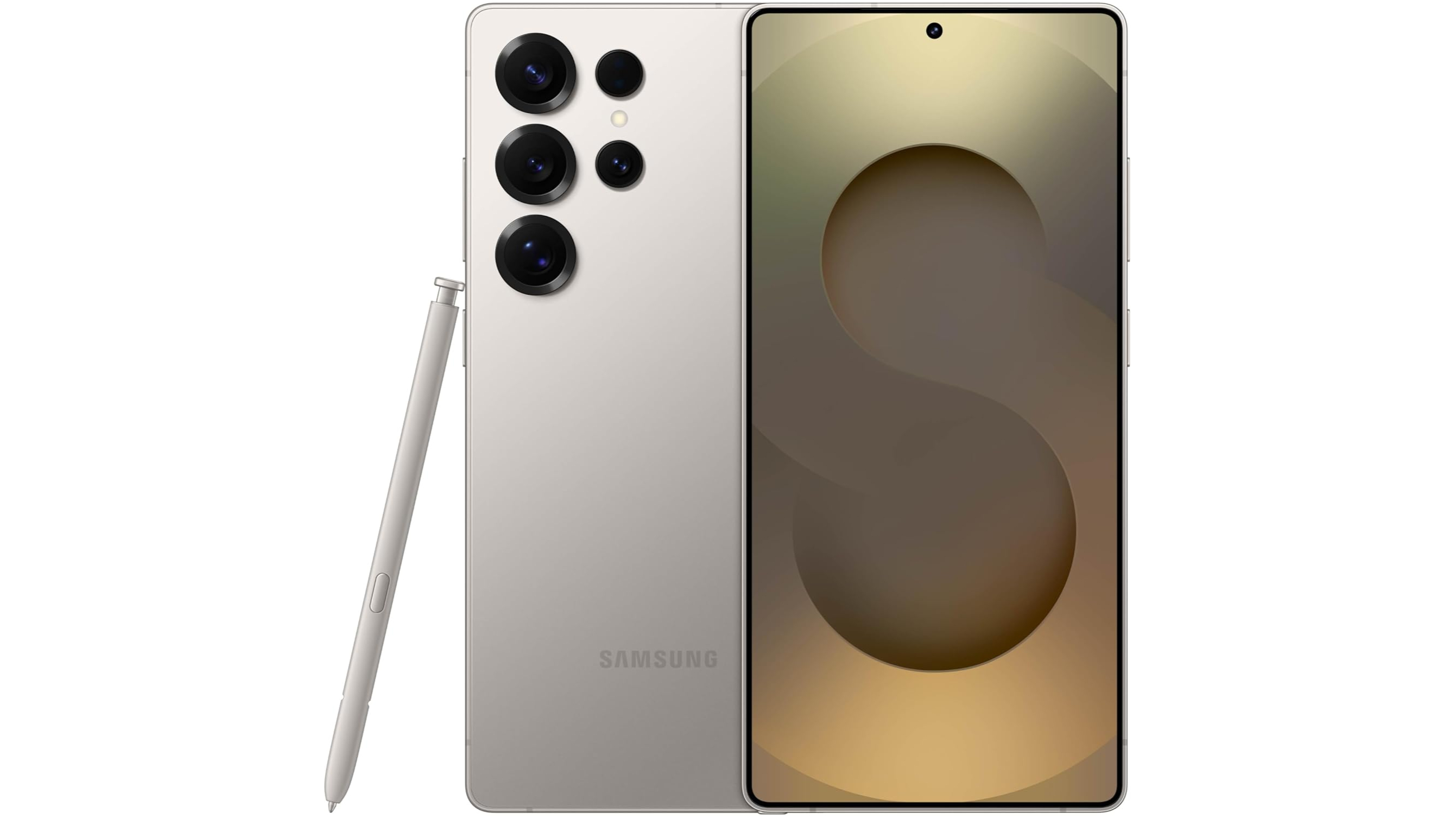
Samsung has finally brought its Ultra design into line with the rest of the Galaxy series, with sharp results. The Galaxy S25 Ultra is extremely powerful and long-lasting, with some of the most advanced AI applications yet.
For
- Unified design that doesn't skimp on Ultra appeal
- Biggest screen of the lineup
- Powerful AI
- Excellent battery life
Against
- Generative AI doesn't always deliver
- Samsung still shies away from total photo-reality
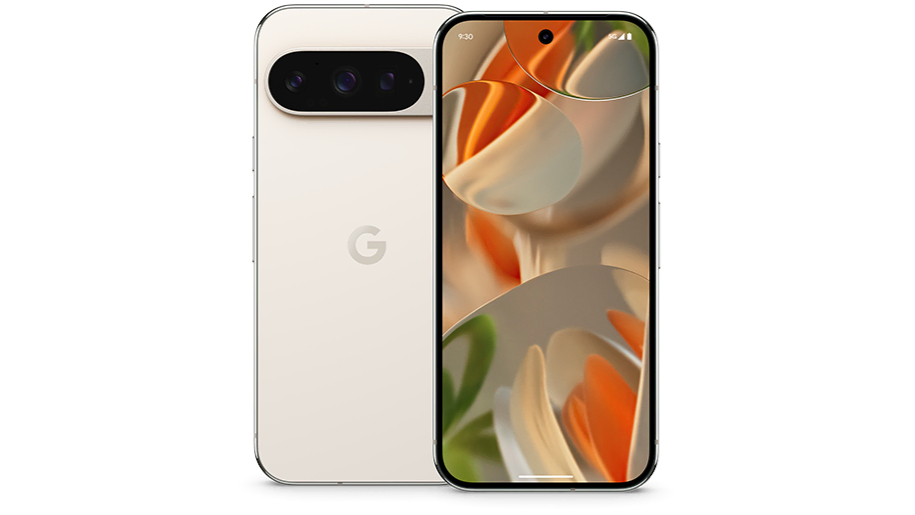
The Pixel 9 Pro is a classy-looking, pleasingly compact flagship phone that doesn't compromise despite its diminutive stature. It takes fabulous pictures, features some of the crispest AI-enhanced software on the market, and has a brilliantly crisp and accurate screen.
For
- Fantastic Pixel redesign with premium materials and finish
- Excellent cameras rival the best camera phones
- AI tricks are unique and creative without crossing lines
Against
- Performance lags significantly behind other flagship phones
- Some AI tricks feel a bit fake when you use them
- Price is high compared to high-performance rivals
The Samsung Galaxy S25 Ultra is a compromise-free flagship smartphone, but what happens if you want something a little smaller? The Samsung Galaxy S25 is a great phone, but it's no Galaxy S25 Ultra Mini.
Thankfully, Google makes the closest thing you're going to get to such a device in the form of the Google Pixel 9 Pro. For the first time ever, Google has crammed all of its best features into a relatively compact form factor, with virtually no compromises. That's the sales pitch, anyway.
So, does the Google Pixel 9 Pro actually match up to the Samsung Galaxy S25 Ultra? Is it really as simple a case of choosing your preferred screen size? We've reviewed both phones, awarding them a stellar 4.5 out of 5 score in our Samsung Galaxy S25 Ultra review and Google Pixel 9 Pro review, respectively. But to declare a winner, we're going to have to break things down into a point-by-point comparison.
Samsung Galaxy S25 Ultra vs Google Pixel 9 Pro: specs comparison
Before we dive into a direct comparison, let's run through the key specifications of both phones. They're quite different in a number of key elements:
| Header Cell - Column 0 | Samsung Galaxy S25 Ultra | Google Pixel 9 Pro |
|---|---|---|
Dimensions: | 162.8 x 77.6 x 8.2mm | 152.8 x 72 x 8.5mm |
Weight: | 218g | 199g |
Display: | 6.9-inch OLED | 6.3-inch OLED |
Resolution: | 1440 x 3120 | 1280 x 2856 |
Refresh rate: | 120Hz | 120Hz |
Chipset: | Snapdragon 8 Elite | Google Tensor G4 |
Rear cameras: | 200MP wide; 50MP ultrawide; 10MP telephoto; 50MP periscope | 50MP wide; 48MP ultrawide; 48MP telephoto |
Front camera: | 12MP | 42MP |
RAM: | 12GB | 16GB |
Storage: | 256GB / 512GB / 1TB | 128GB / 256GB / 512GB / 1TB |
Battery: | 5,000mAh | 4,700mAh |
Charging: | 45W wired, 15W wireless | 27W wired, 12W wireless (21W with Pixel Stand) |
Samsung Galaxy S25 Ultra vs Google Pixel 9 Pro: price and availability
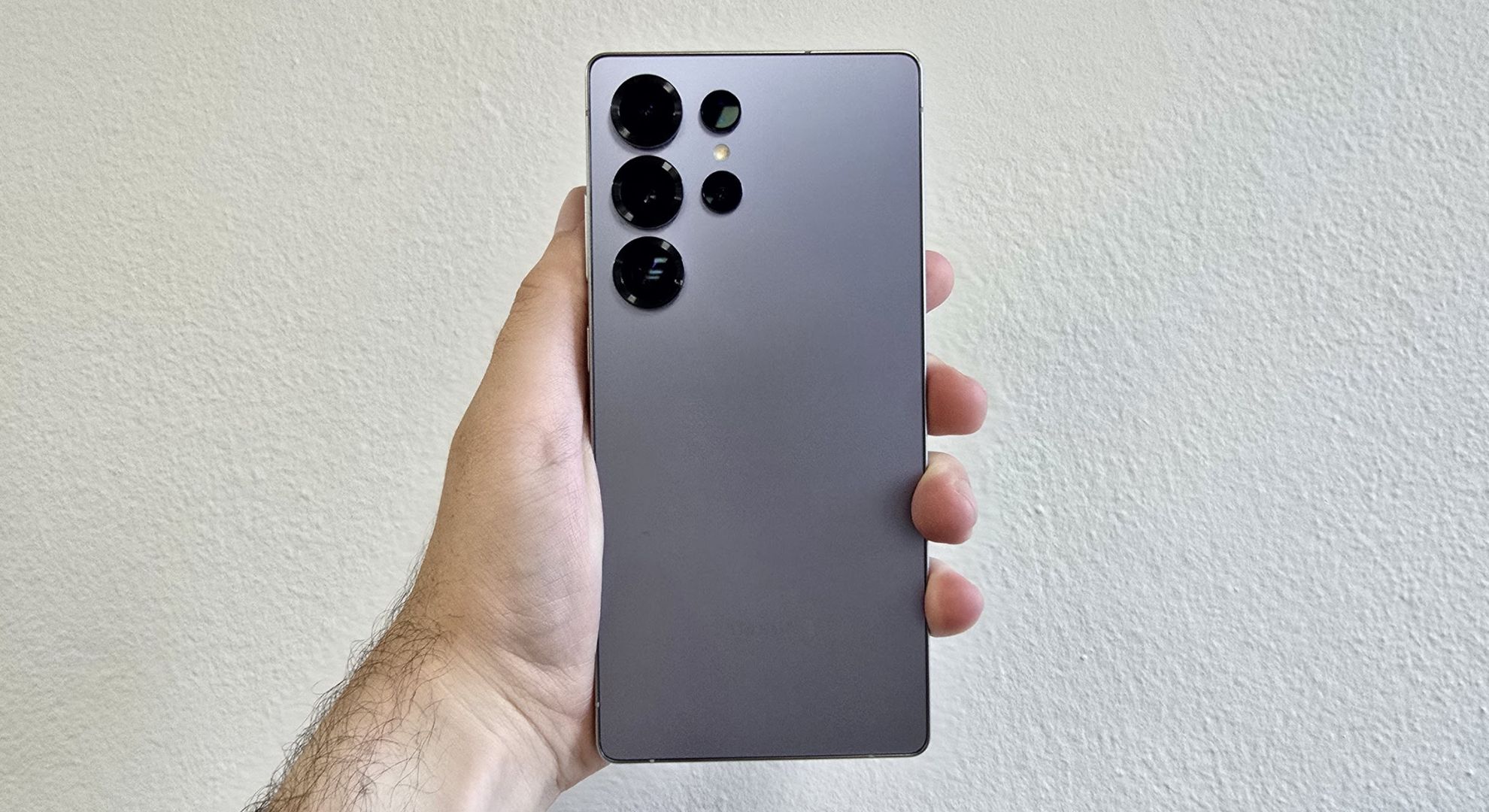
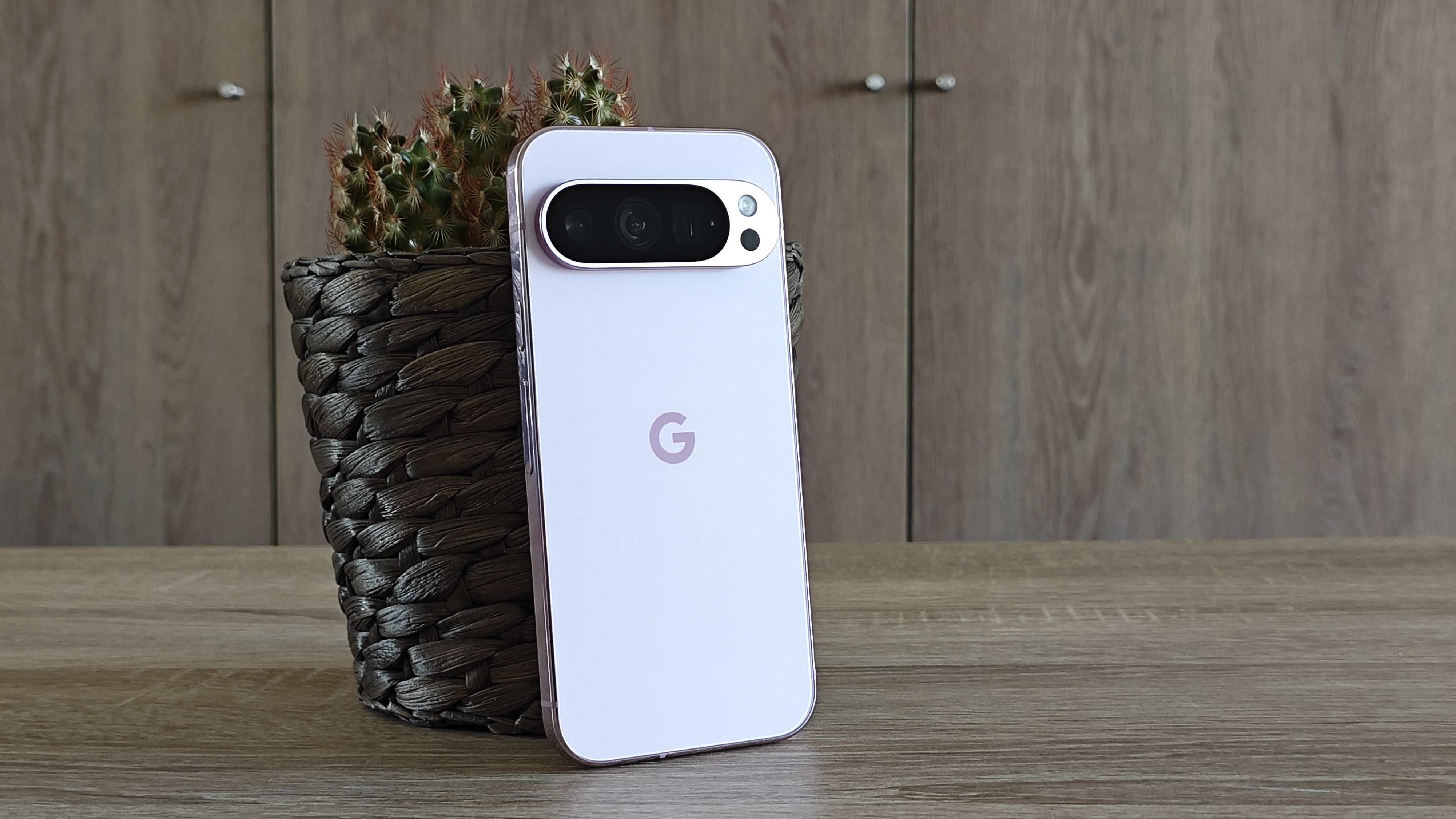
Samsung's latest flagship phone, the Galaxy S25 Ultra, arrived on February 3, 2025. Google's Pixel 9 Pro landed in shops a little earlier on September 9, 2024.
Pricing for the Galaxy S25 Ultra starts from $1,299 / £1,249 / AU$2,149 for 256GB of storage, while the 512GB model costs $1,419 / £1,349 / AU$2,349. The top 1TB model costs $1,659 / £1,549 / AU$2,749. It's a lot more expensive than the Pixel 9 Pro whichever way you cut it.
Google's phone starts from $999 / £999 / AU$1,699 for 128GB of storage, moving up to $1,099 / £1,099 / AU $1,849 for 256GB, and $1,219 / £1,219 / AU$2,049 for 512GB. US customers alone get the option of a 1TB model for $1,449.
Comparing like-for-like storage options, the Galaxy S25 Ultra is a not-inconsiderable $200 / £150 / AU$300 more expensive. First blood, Google.
Samsung Galaxy S25 Ultra vs Google Pixel 9 Pro: design
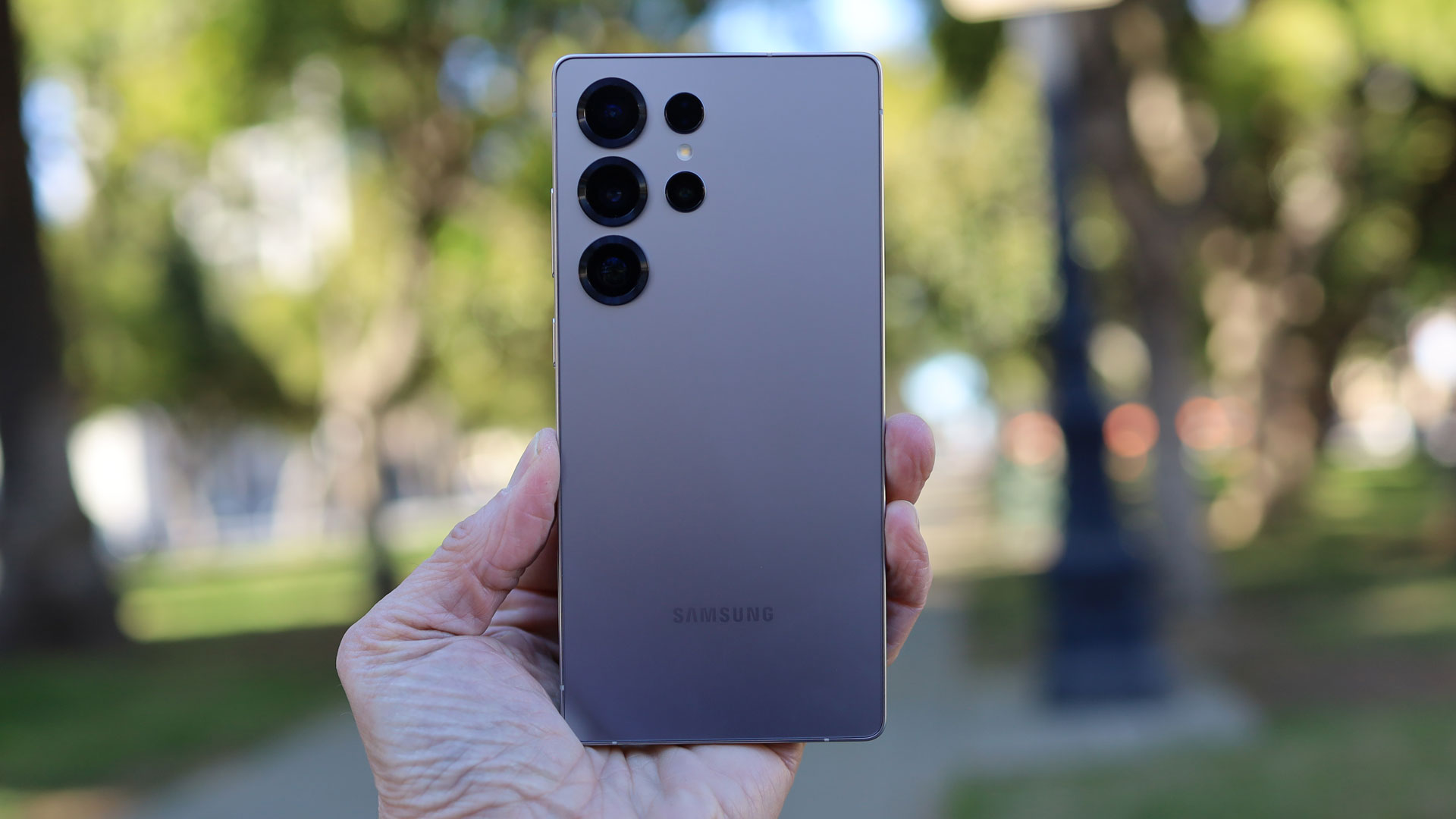
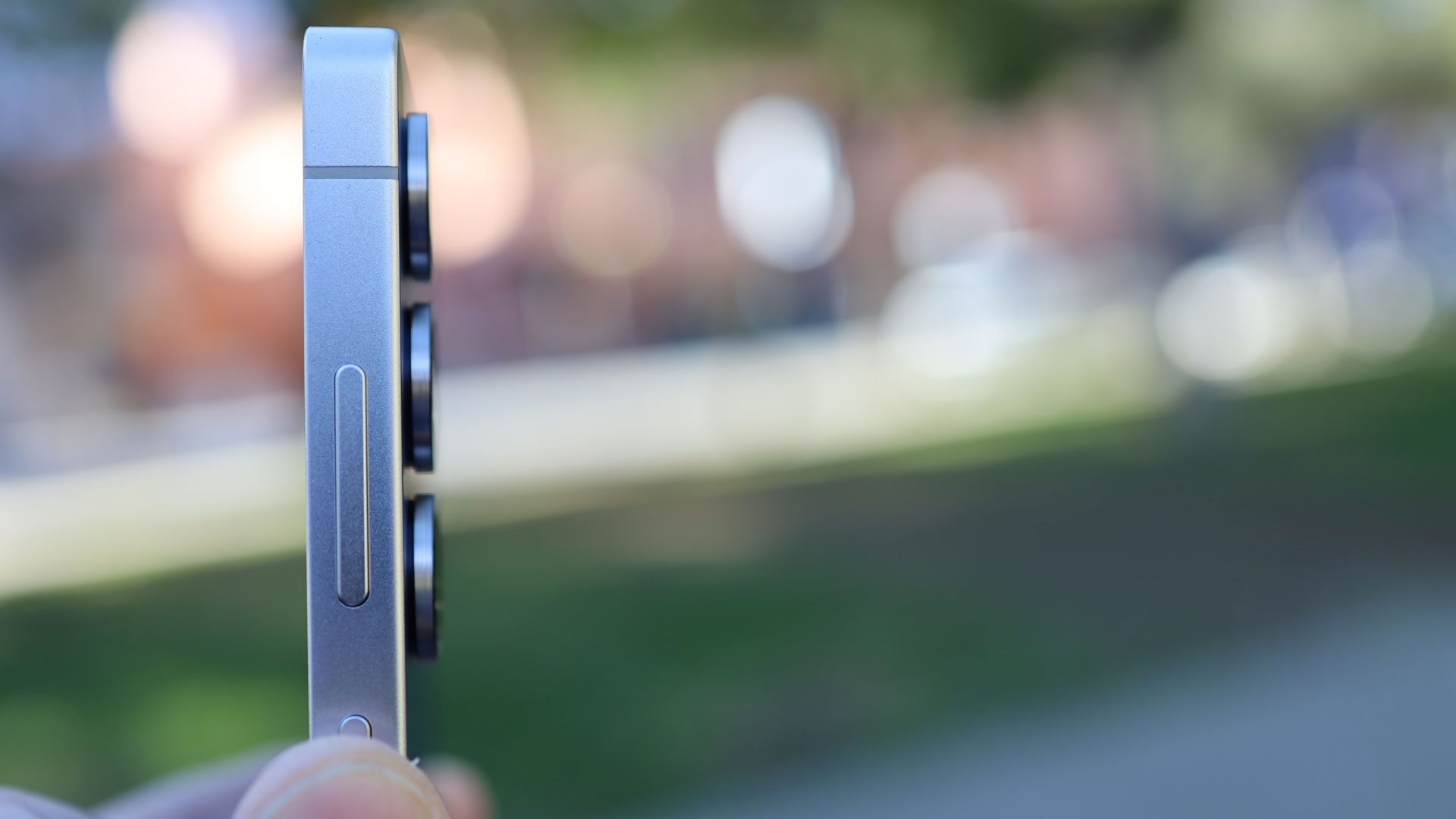
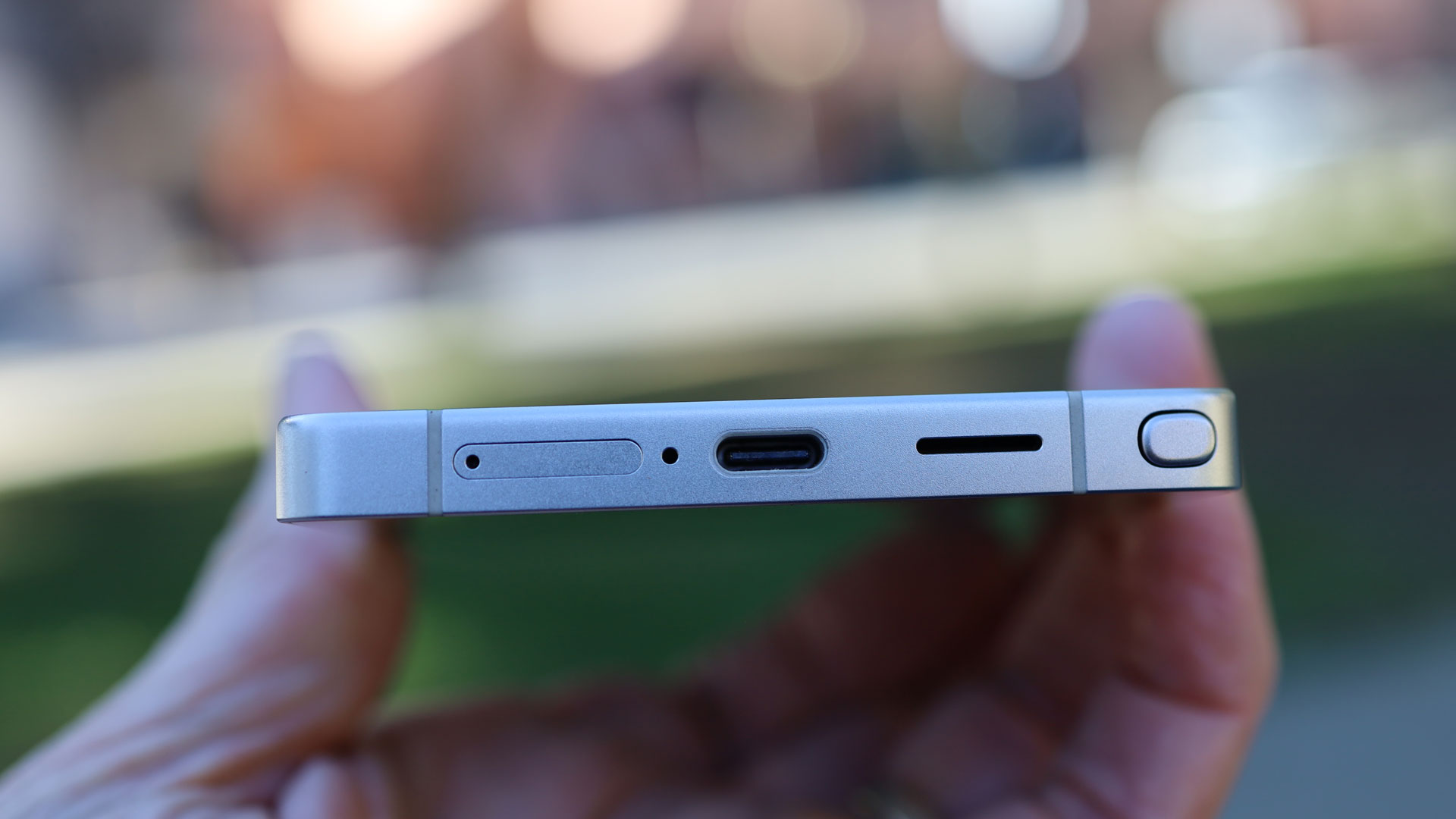
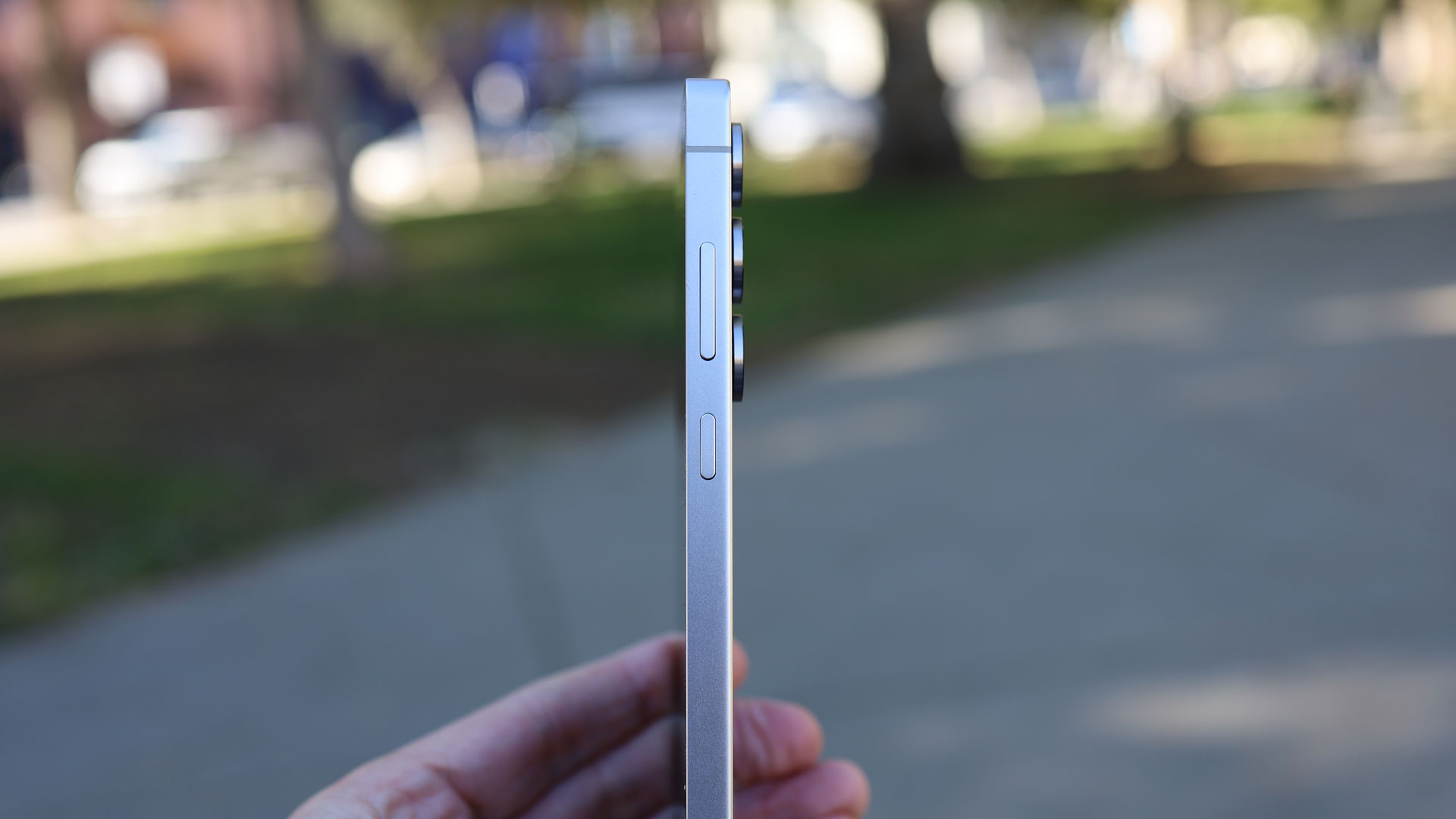
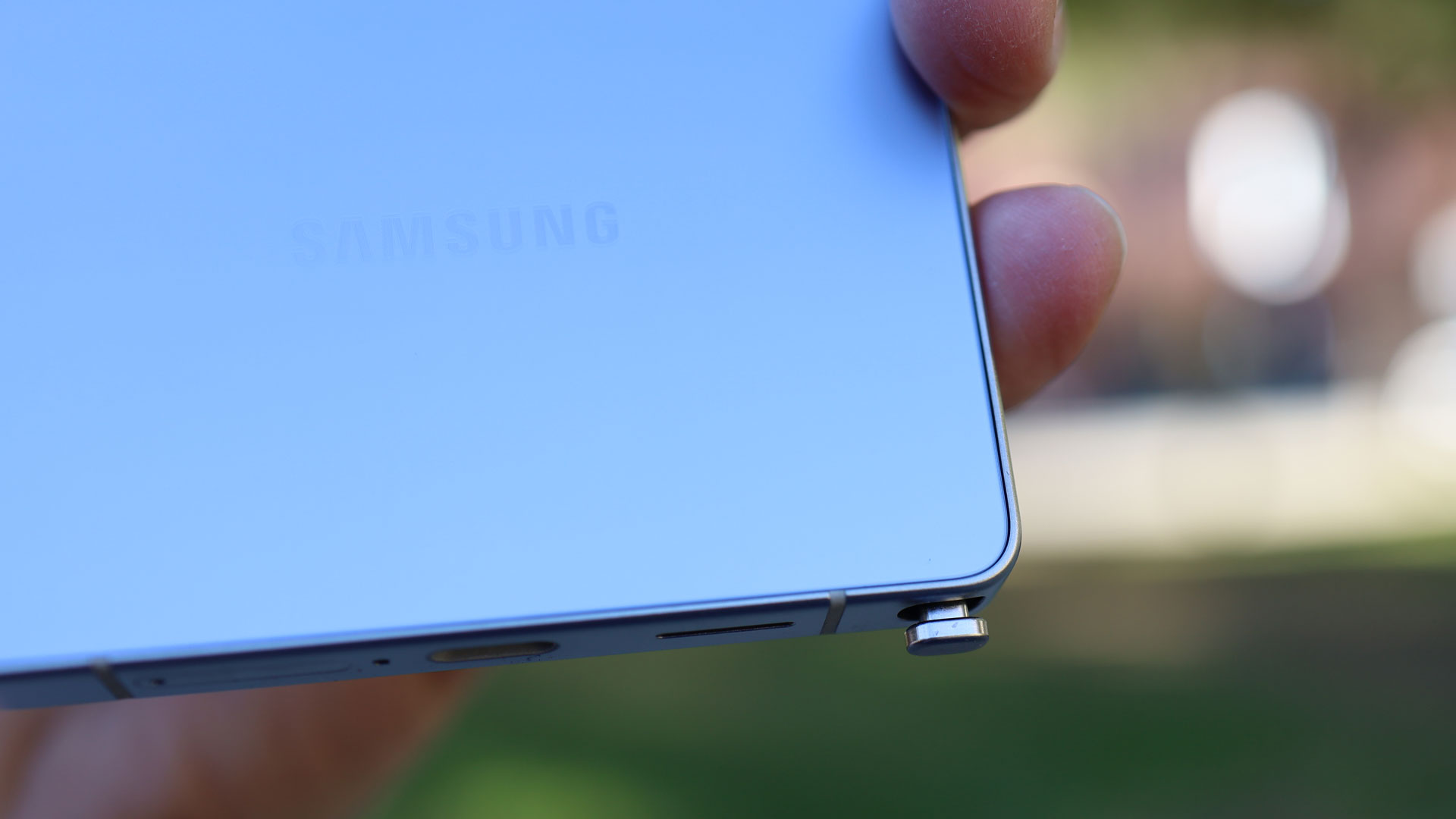
Samsung has switched up its design language with the Galaxy S25 Ultra to bring it more in line with the rest of the Galaxy range. It's all flat edges now, albeit with much pointier corners than the regular Galaxy S25.
Google has also taken things a turn for the flatter with the Pixel 9 Pro, though it looks more like the standard Galaxy S25 than the Ultra – and thus, inevitably, a lot more like an iPhone.
Both look and feel like the premium devices they are, though the Galaxy S25 Ultra is undoubtedly the higher-end piece of kit. Its frame is made of titanium rather than the Pixel 9 Pro's aluminum. Both phones are IP68 certified, so are similarly water and dust-resistant.
From the rear, the Pixel 9 Pro is arguably the more interesting phone of the two. It all comes down to Google's classy camera module, which stands loud and proud, and covers most of the width of the phone. The Galaxy S25 Ultra's discrete camera lenses simply don't have the same wow factor.
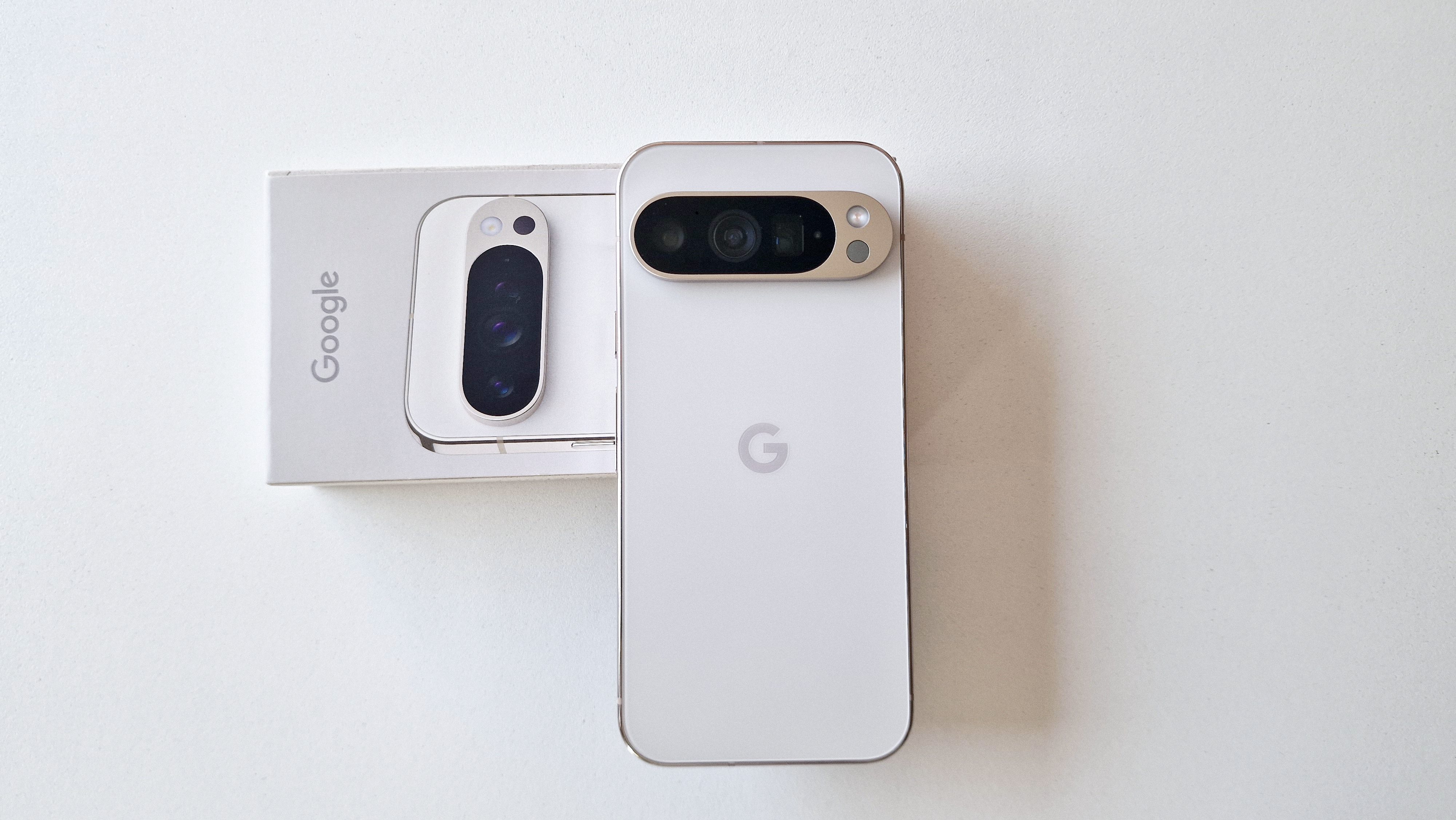
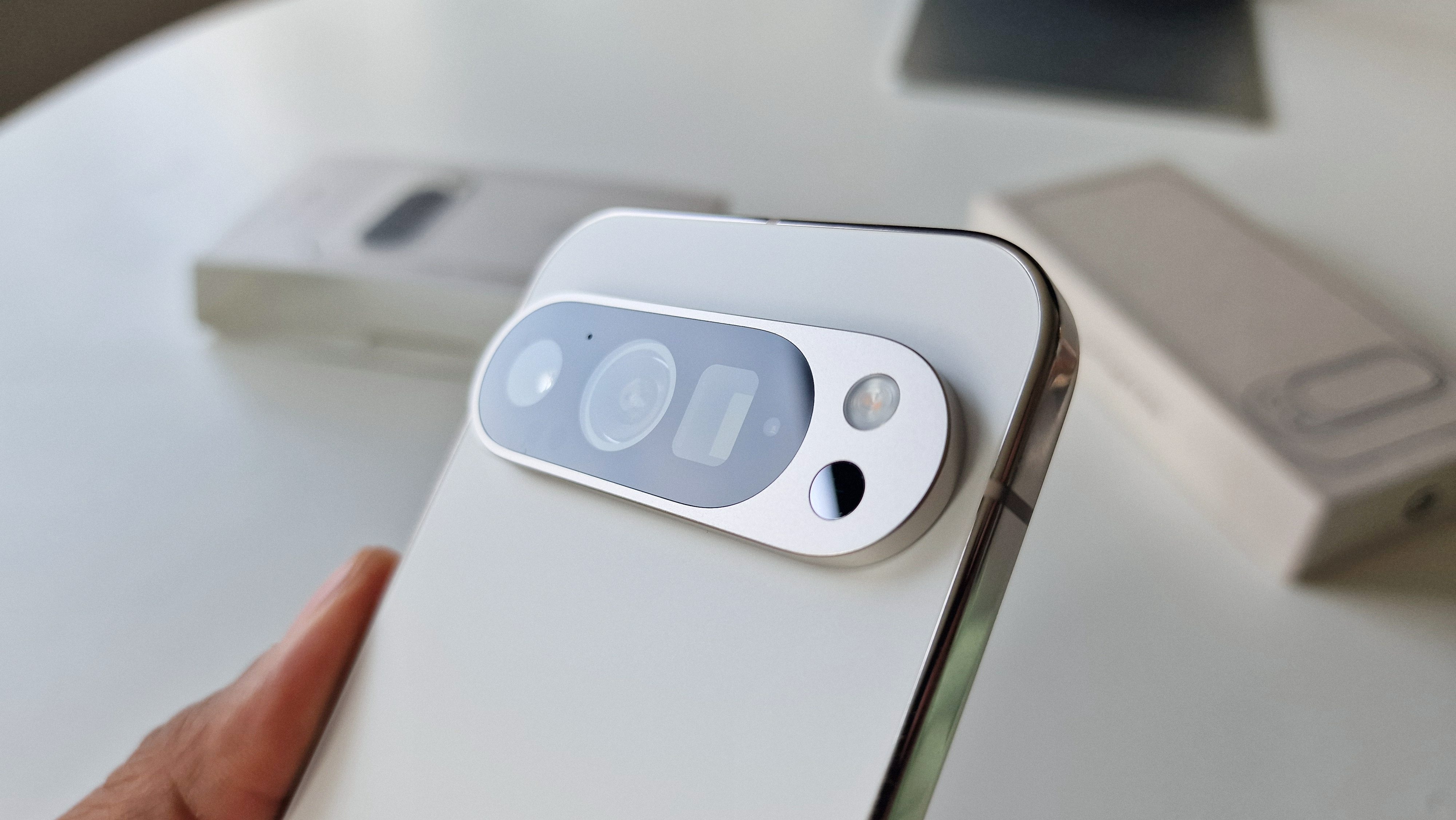
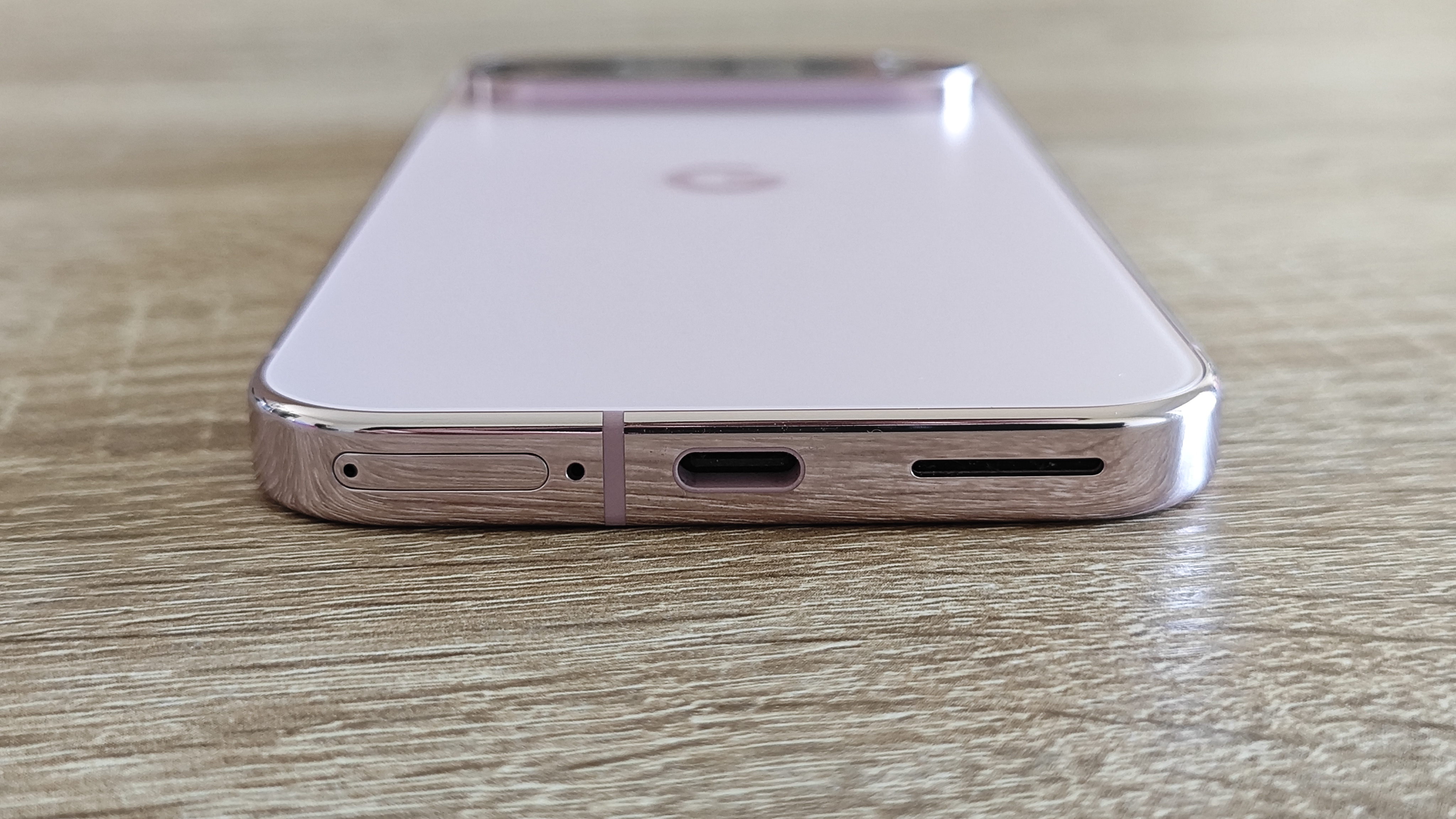
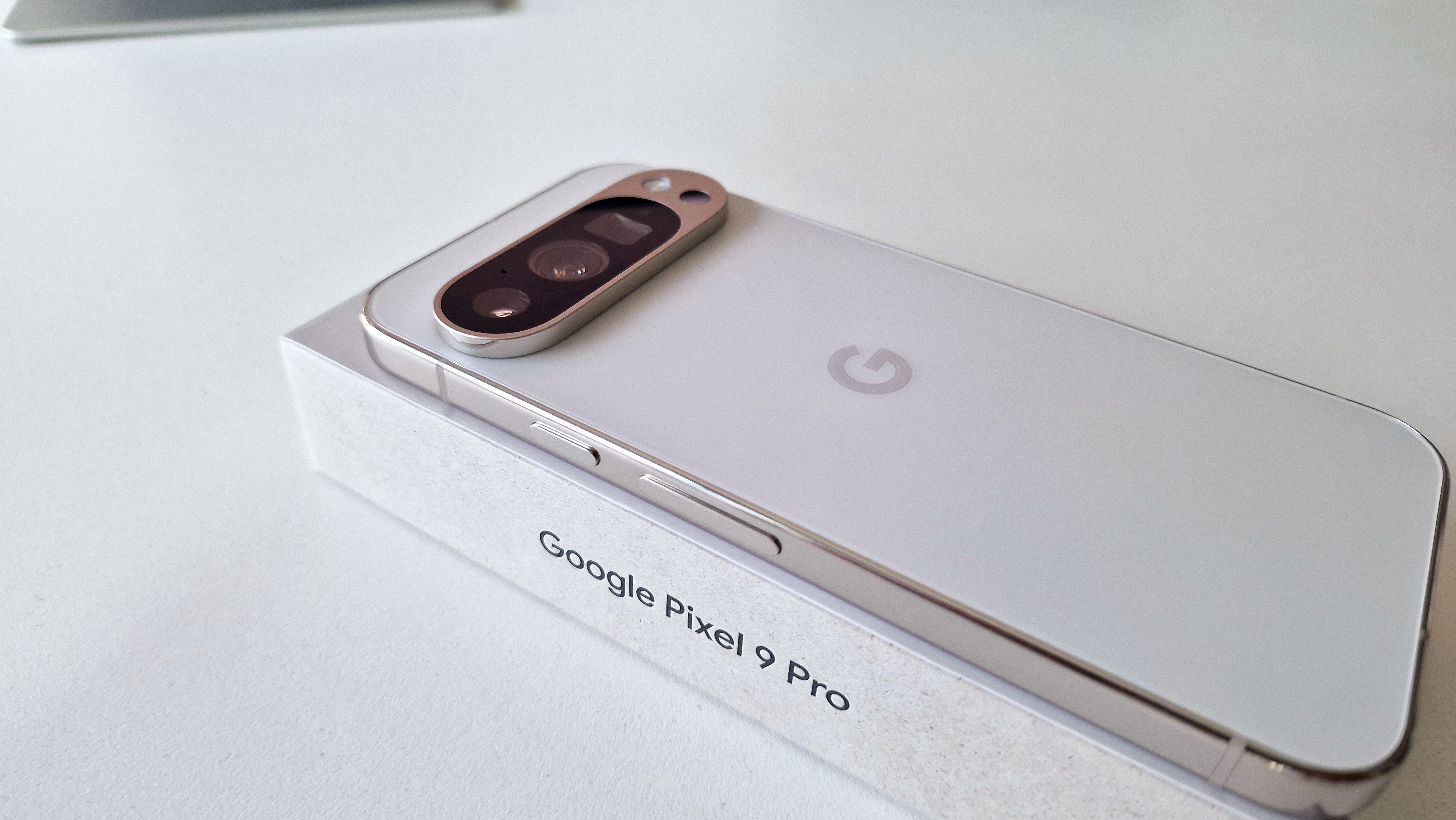
Of course, the biggest difference here relates to the size of these two phones. The Galaxy S25 Ultra is huge, measuring 162.8 x 77.6 x 8.2mm and weighing a hefty 218g. The Pixel 9 Pro is much more pocketable, measuring 152.8 x 72 x 8.5mm and weighing 199g.
Samsung's phone gets an additional point of interest in the form of an integrated S Pen stylus housed in the bottom edge of the phone. Samsung may have robbed it of Bluetooth connectivity this year, but it still offers an input method that the Pixel 9 Pro (along with most other phones) wholly lacks.
Samsung Galaxy S25 Ultra vs Google Pixel 9 Pro: display
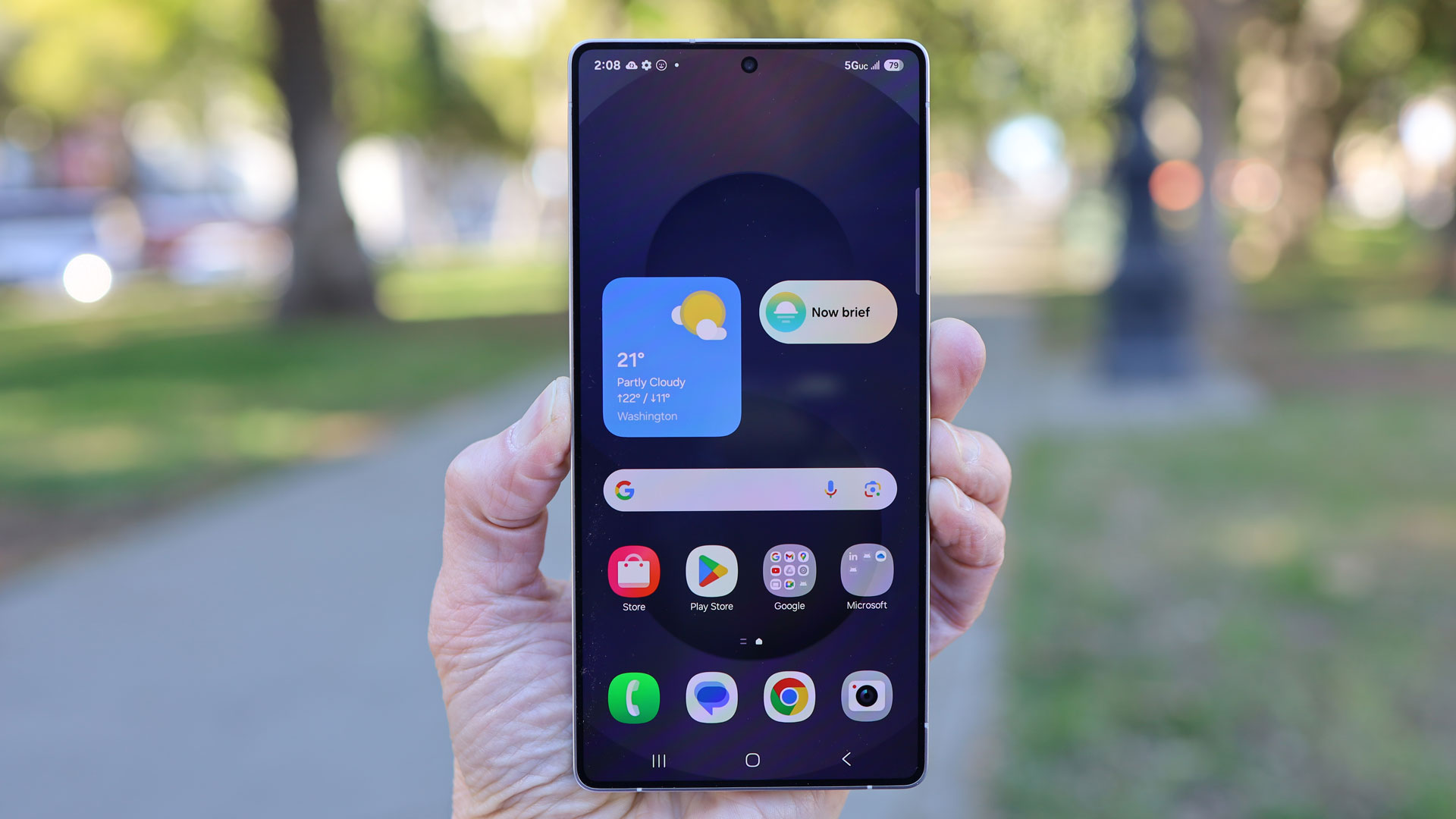
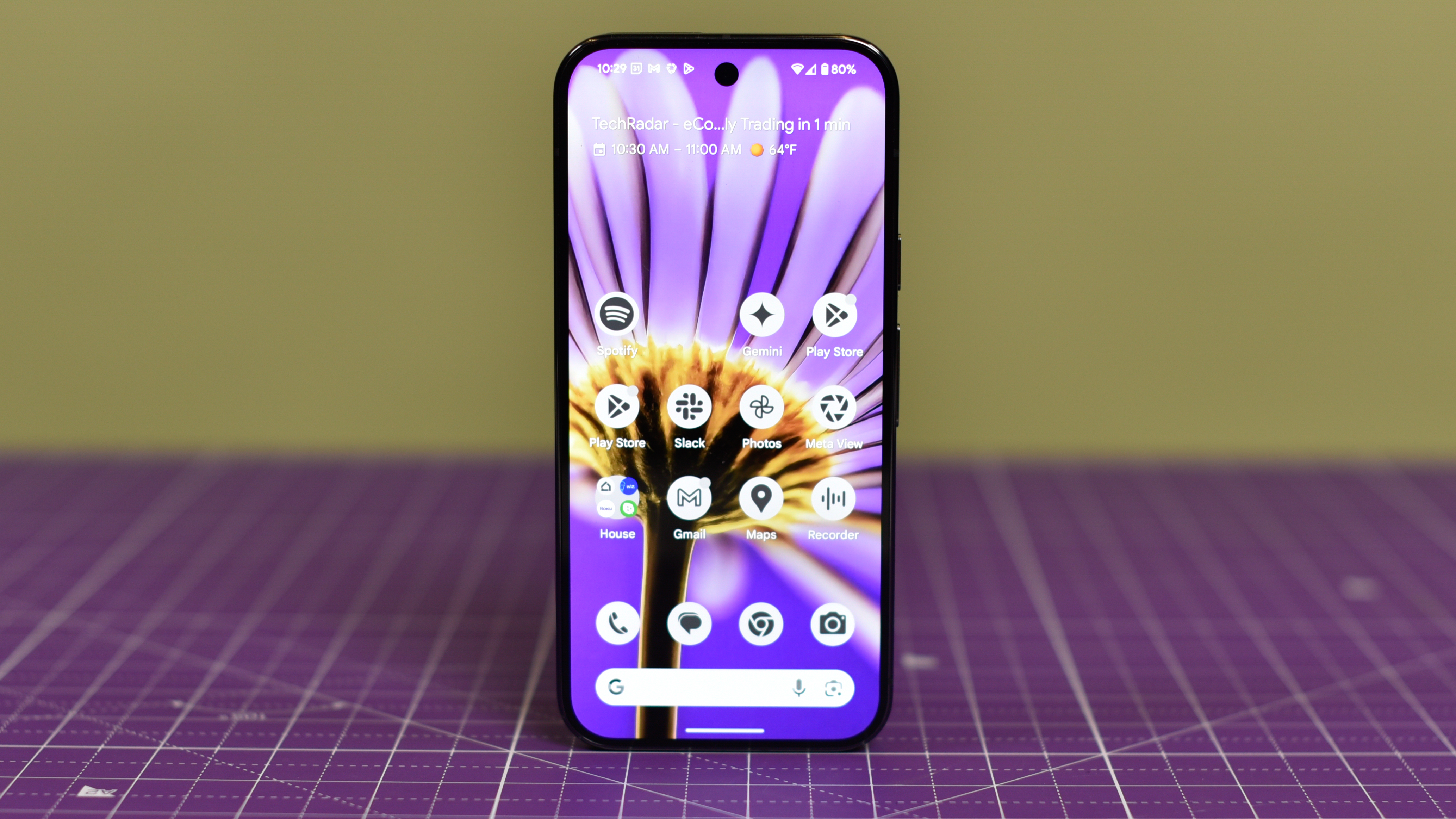
That difference in size informs the size of the two displays on offer here. The Galaxy S25 Ultra packs a vast 6.9-inch AMOLED display, while the Pixel 9 Pro has a much smaller 6.3-inch variant.
Both are LTPO panels, so can adjust between 1 and 120Hz refresh rates depending on the task at hand. The Galaxy S25 Ultra technically packs in more pixels – 1440 x 3120 vs 1280 x 2856 – but the difference in size means that the pixel density is similar.
Indeed, you'll need to dive into the settings to activate the full QHD+ resolution on the Samsung phone in the first place, which feels like a weird decision.
Where the Pixel 9 Pro wins points is for its superior brightness. It can attain a 3000 nits peak in HDR content, while the Galaxy S25 Ultra only hits 2600 nits. Both are strong, but Google's phone takes the edge on sunnier days.
There's also the fact that the Pixel 9 Pro's display is a little more natural-looking, while Samsung has ramped up the vibrant colors with the Galaxy S25 Ultra. It's certainly a look, but it's not the most technically accurate out there.
Both phones employ ultrasonic fingerprint sensors underneath their displays, which are fast and secure. Our reviewer did encounter more read errors with the Samsung than the Google, but these things tend to vary from person to person.
Samsung Galaxy S25 Ultra vs Google Pixel 9 Pro: cameras

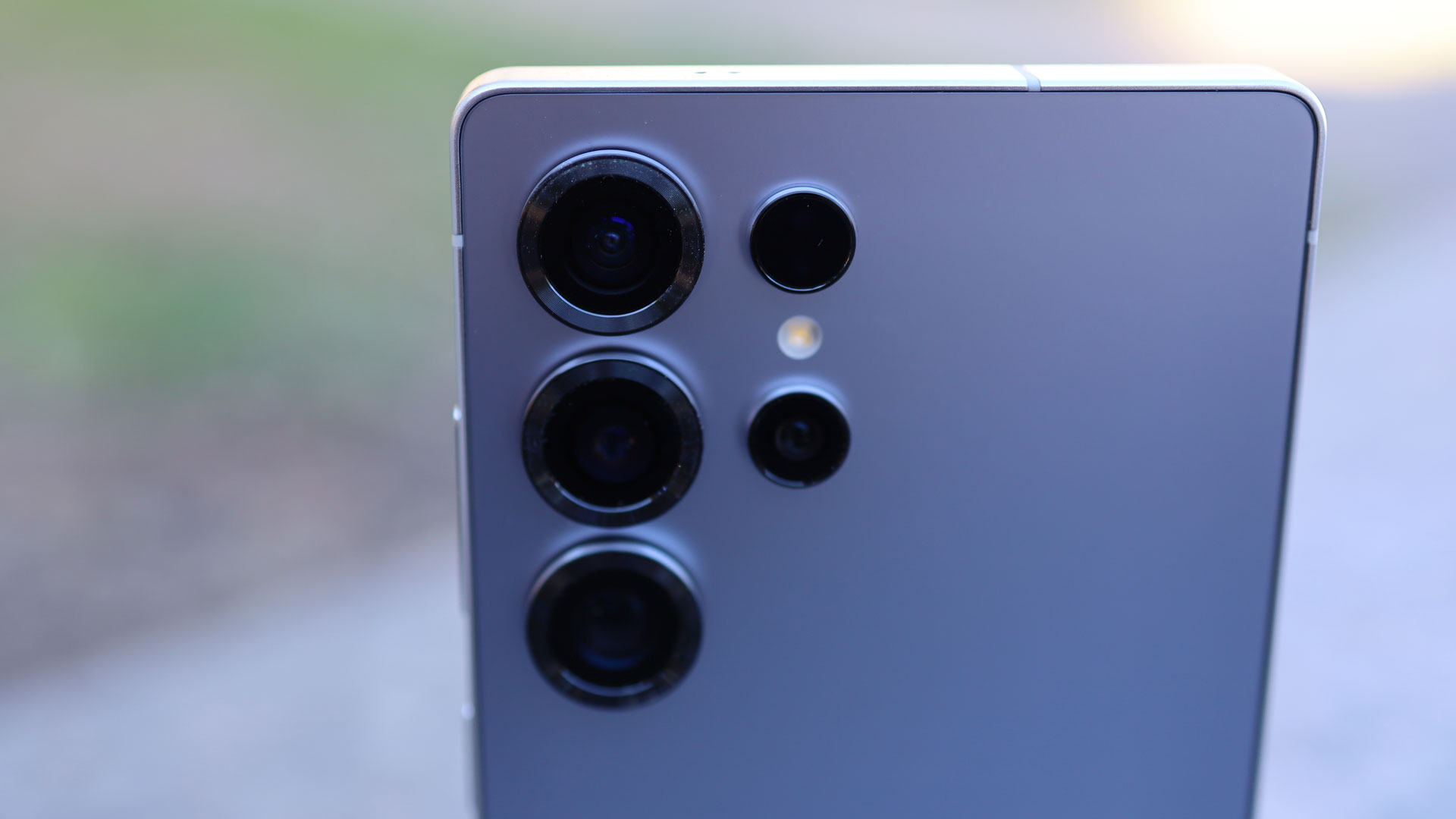
Both of these phones take phenomenal pictures, and are right up near the top of the camera phone tree – albeit for different reasons.
Samsung continues to be the zoom king, having equipped the Galaxy S25 Ultra with two telephoto cameras – one 10MP 3x and one 50MP 5x periscope camera. The Pixel 9 Pro, by contrast, only has the one 48MP 5x unit.
This means that the Galaxy S25 Ultra takes sharper pictures across a wider range of focal lengths, including those hybrid shots that crop in on the sensors for a deeper zoom. It also benefits from a 200MP main sensor that captures more detail than the Pixel 9 Pro's 50MP main sensor.
Both manufacturers offer a heavily processed look, but Samsung's color science is perhaps a little less natural and more over-saturated than Google's. Expect bluer-than-blue skies and super-green leaves.
It's tough to choose which phone takes better nighttime images. Both Samsung and Google have a strong low-light algorithm game.
Both phones also employ powerful AI features to help you make some creepily effective AI adjustments, including removing background objects and even inserting elements that weren't there in the first place. It might not be pure photography, but it sure is impressive.
Google's phone wins out with a phenomenal 42MP selfie camera, which is arguably the best in the business. It also takes the W on video recording, especially with a Video Boost mode that improves sharpness, exposure, and stability at the small cost of longer processing times.
Samsung Galaxy S25 Ultra vs Google Pixel 9 Pro: performance and software
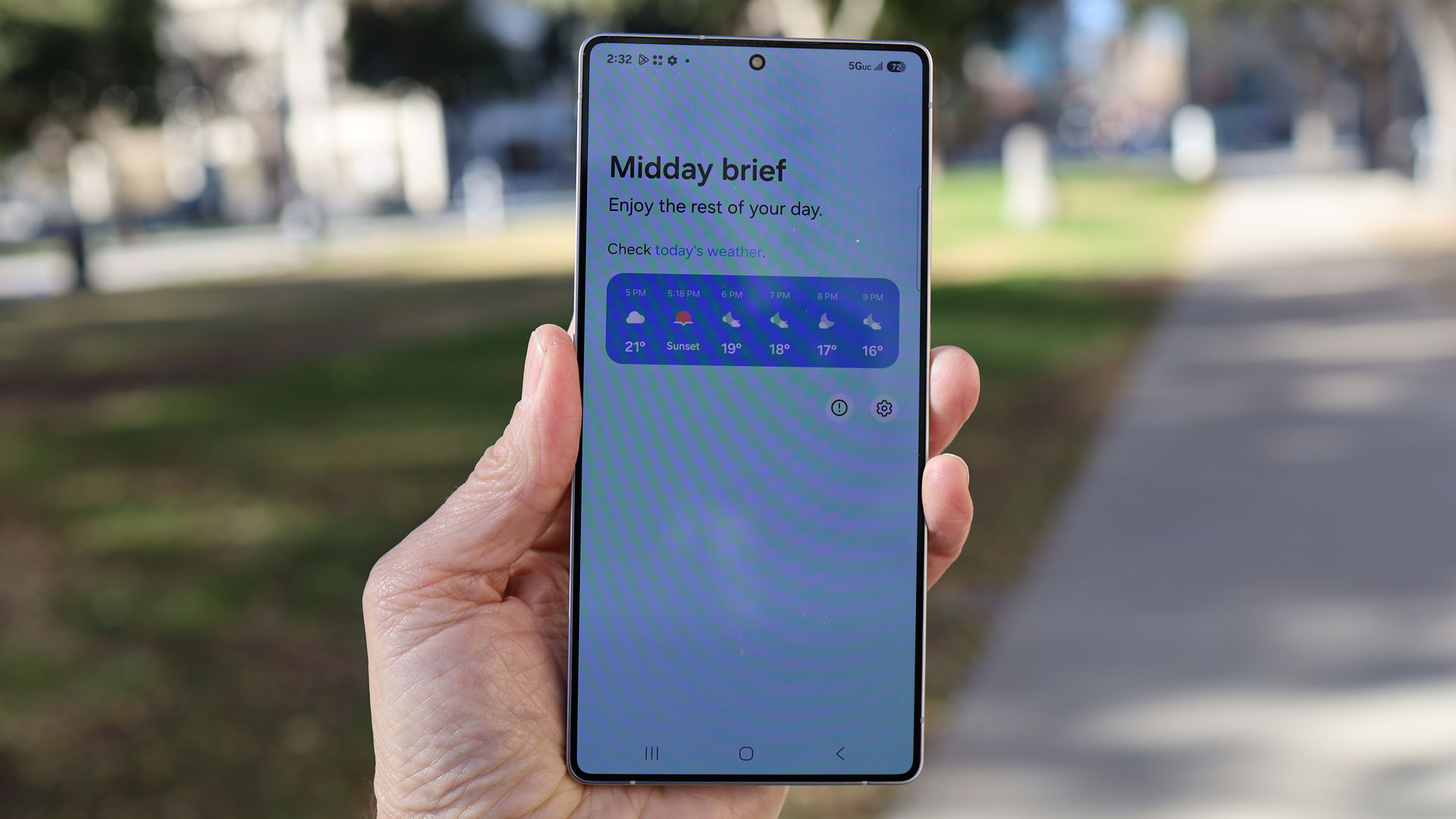
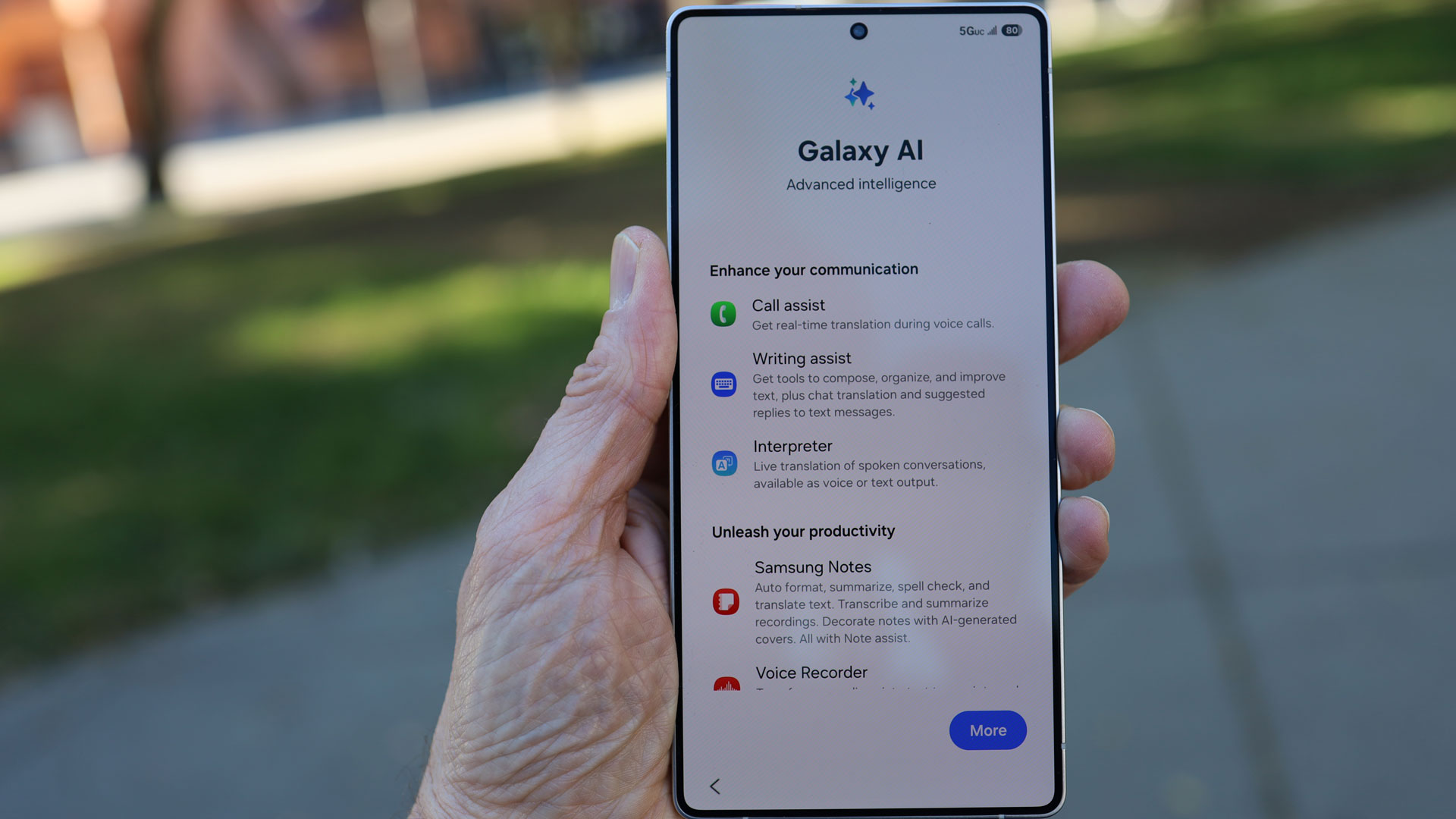
There are two elements to this section: performance and software. The Samsung Galaxy S25 Ultra clearly wins the first one, while the Google Pixel 9 Pro mops up with the second.
Taking performance first, the Samsung Galaxy S25 Ultra uses Qualcomm's blazing Snapdragon 8 Elite chip. It's already faster than pretty much any other mobile processor on the market – including from Apple – and this is a slightly overclocked version of that chip too.
In the opposite corner, the Pixel 9 Pro is one of the weakest-performing flagship phones on the market. It would be unfair to label Google's home-brewed Tensor G4 chip a dud, but it seems to be more than a generation behind the Snapdragon 8 Elite when you take a look at the usual CPU and GPU benchmark numbers. Last year's Galaxy S24 Ultra handily beats it, let alone the current model.
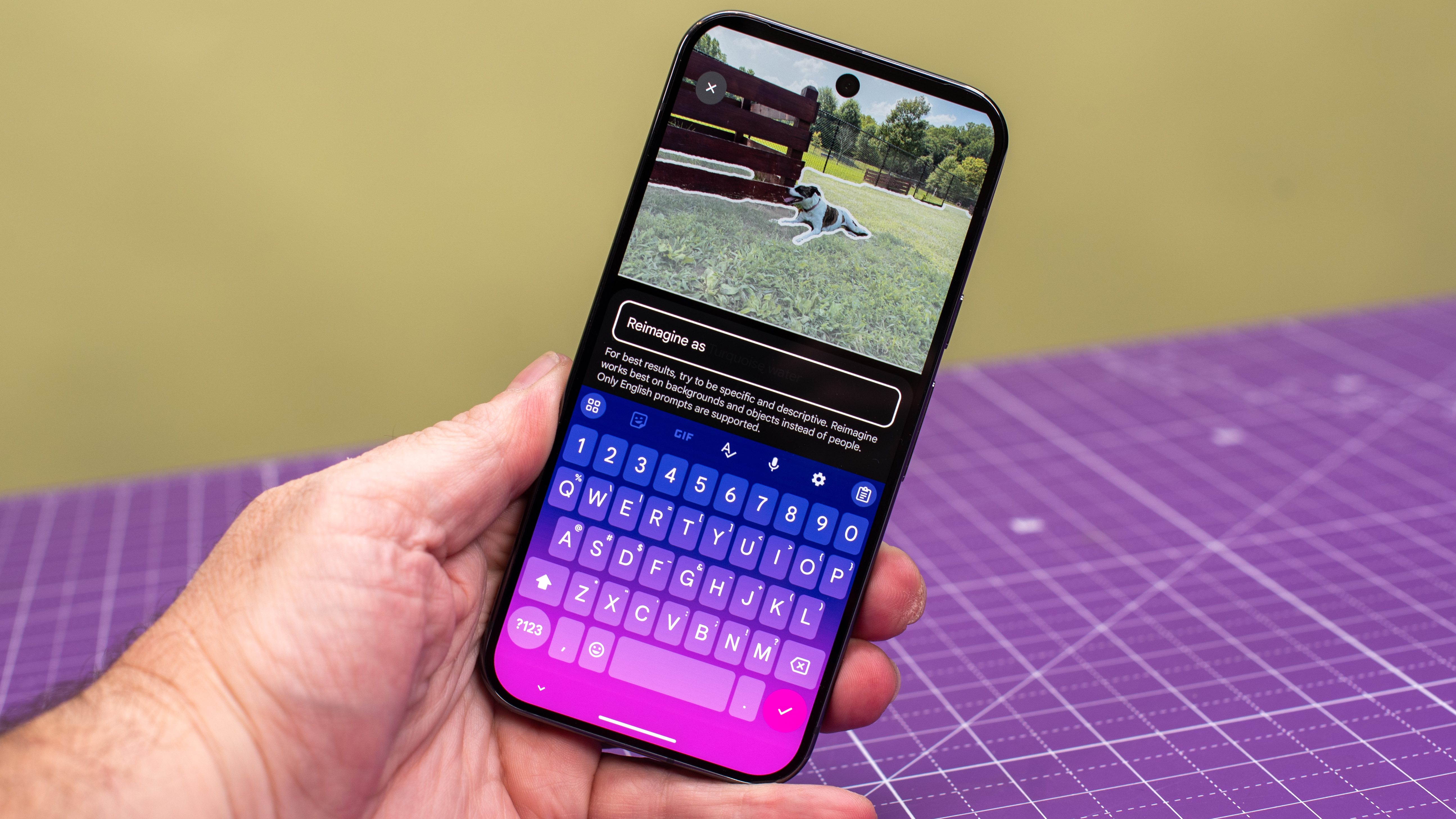
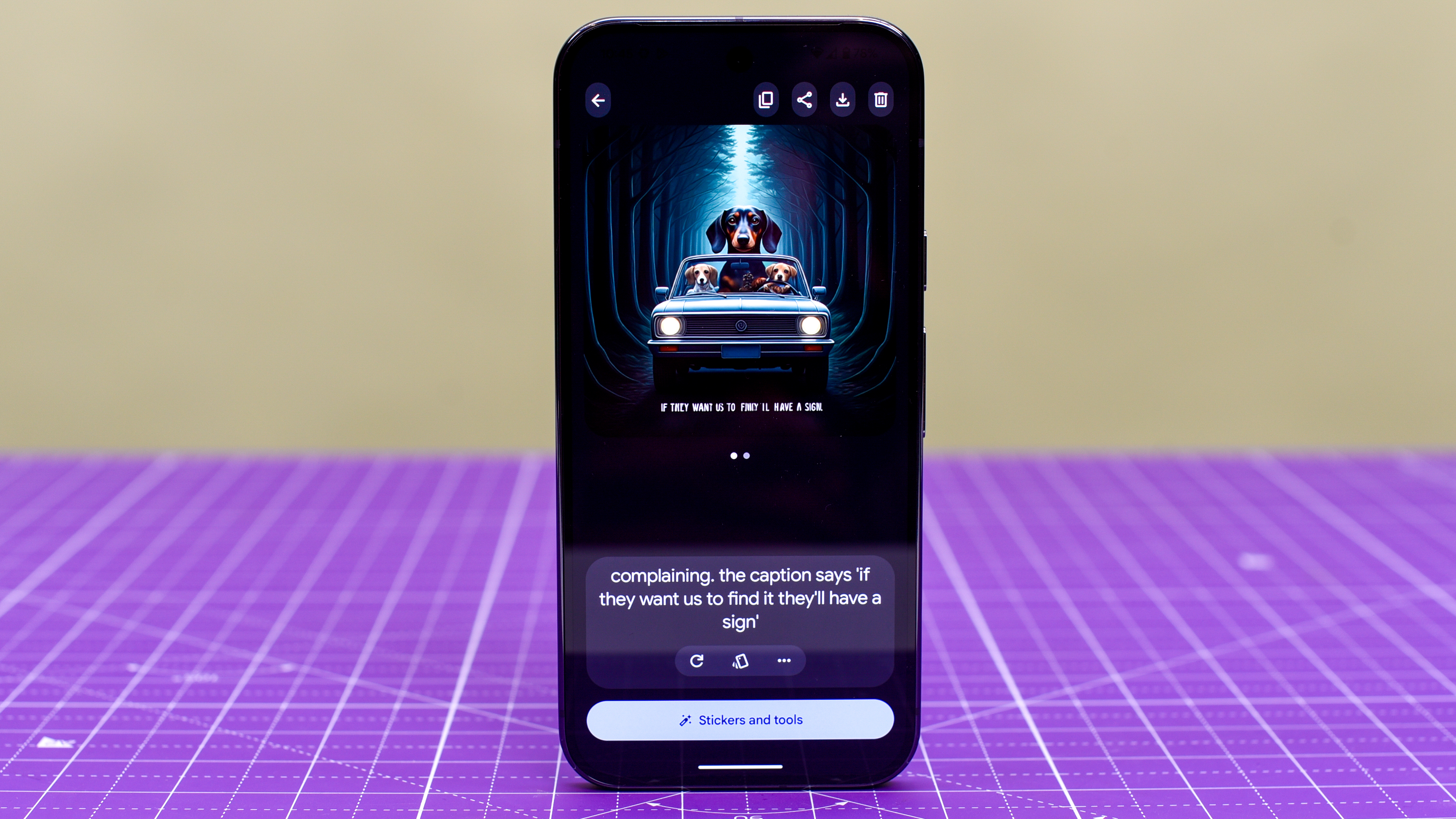
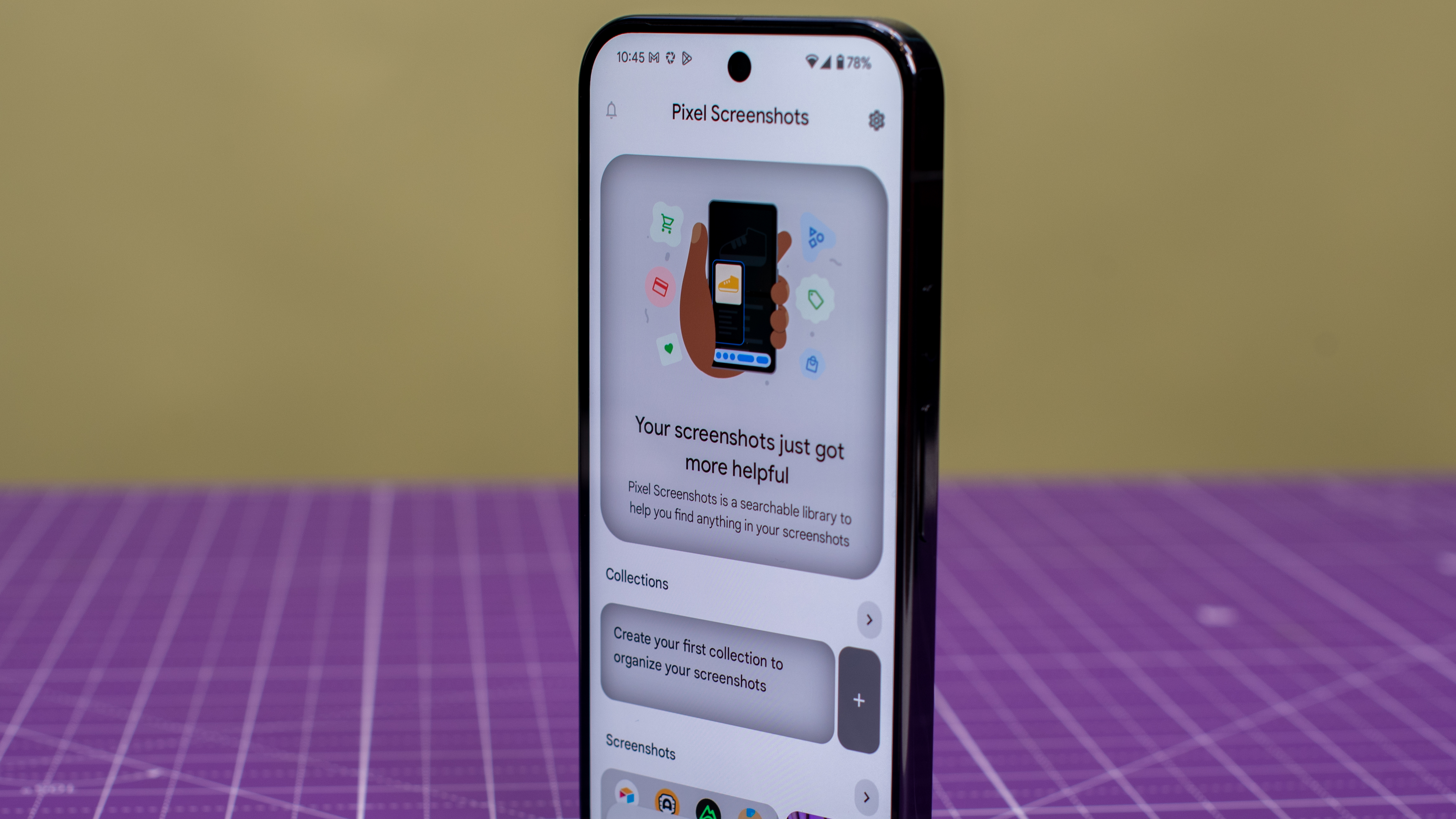
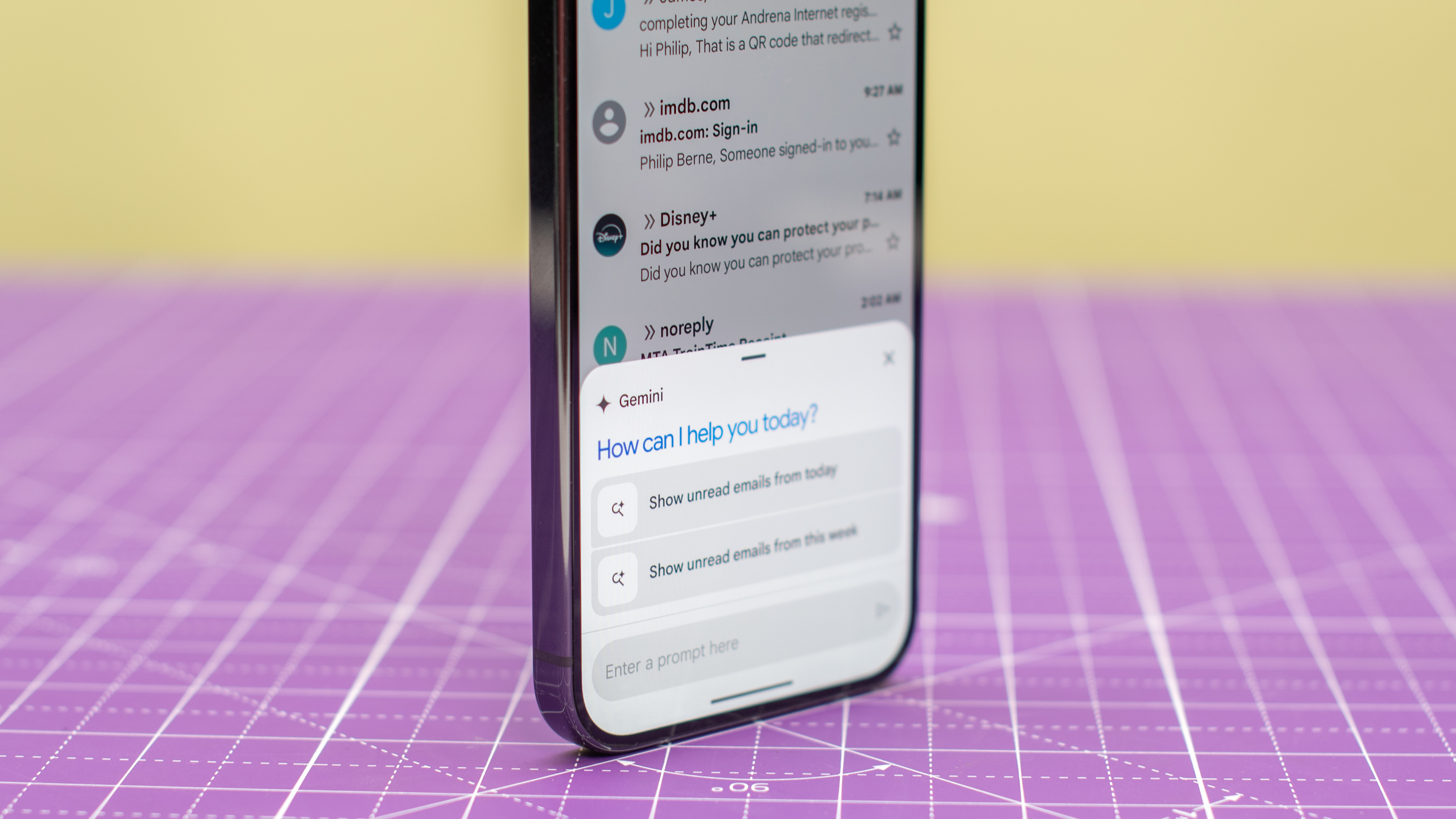
Google would argue that this is an outdated way to view performance these days, and that its AI performance is where it's at. It's certainly true that the Pixel 9 Pro runs some very clever AI tools, and the phone's 16GB of RAM makes the 12GB of the Galaxy S25 Ultra seem stingy to that end.
There's no getting away from the fact that the Galaxy S25 Ultra feels much snappier in the hands, however. The Pixel 9 Pro isn't slow, but there were definitely moments when it stuttered and paused during our review period, such as when we had multiple apps running together. We had no such issues with the Galaxy S25 Ultra.
This could be particularly problematic going forward. Both manufacturers offer generous seven-year software update promises, but only the Galaxy S25 Ultra feels as if it might be sufficiently snappy to still be running well towards the end of its lifespan.
However, when it comes to the experience of actually using that software, the Pixel 9 Pro wins hands down. Google's stock UI is simply much cleaner and less cluttered than Samsung's. There's no duplicate web browser, virtual assistant, or payment app, and the app tray and notification center are both far more intuitive.
Both Samsung and Google go big on AI, and indeed Samsung has adopted many of Google's tricks, including making Gemini its primary assistant. We'll go with Google's more cohesive implementation, but the truth is both phones have a similarly sporadic hit rate when it comes to AI software.
Samsung Galaxy S25 Ultra vs Google Pixel 9 Pro: battery
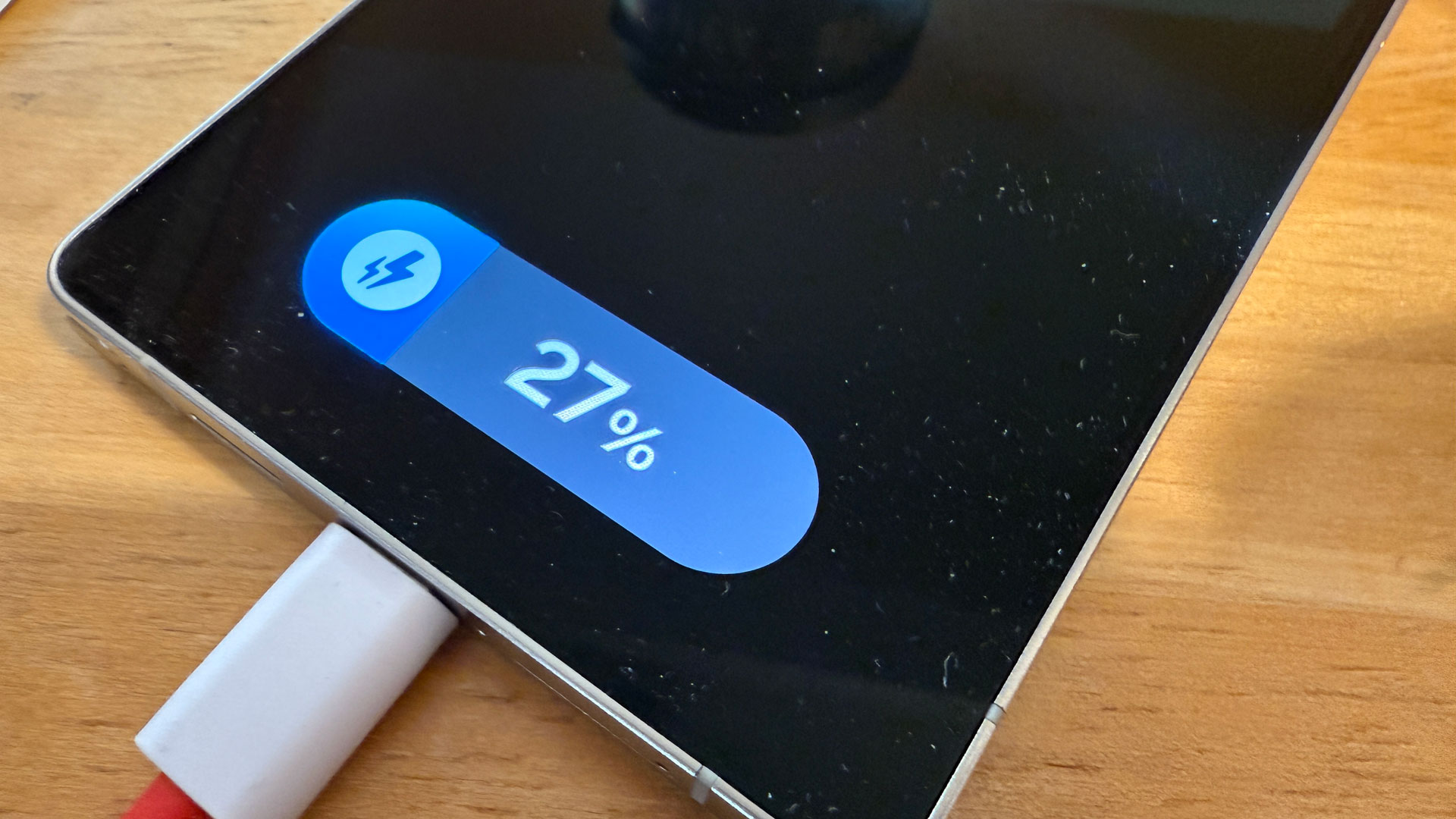
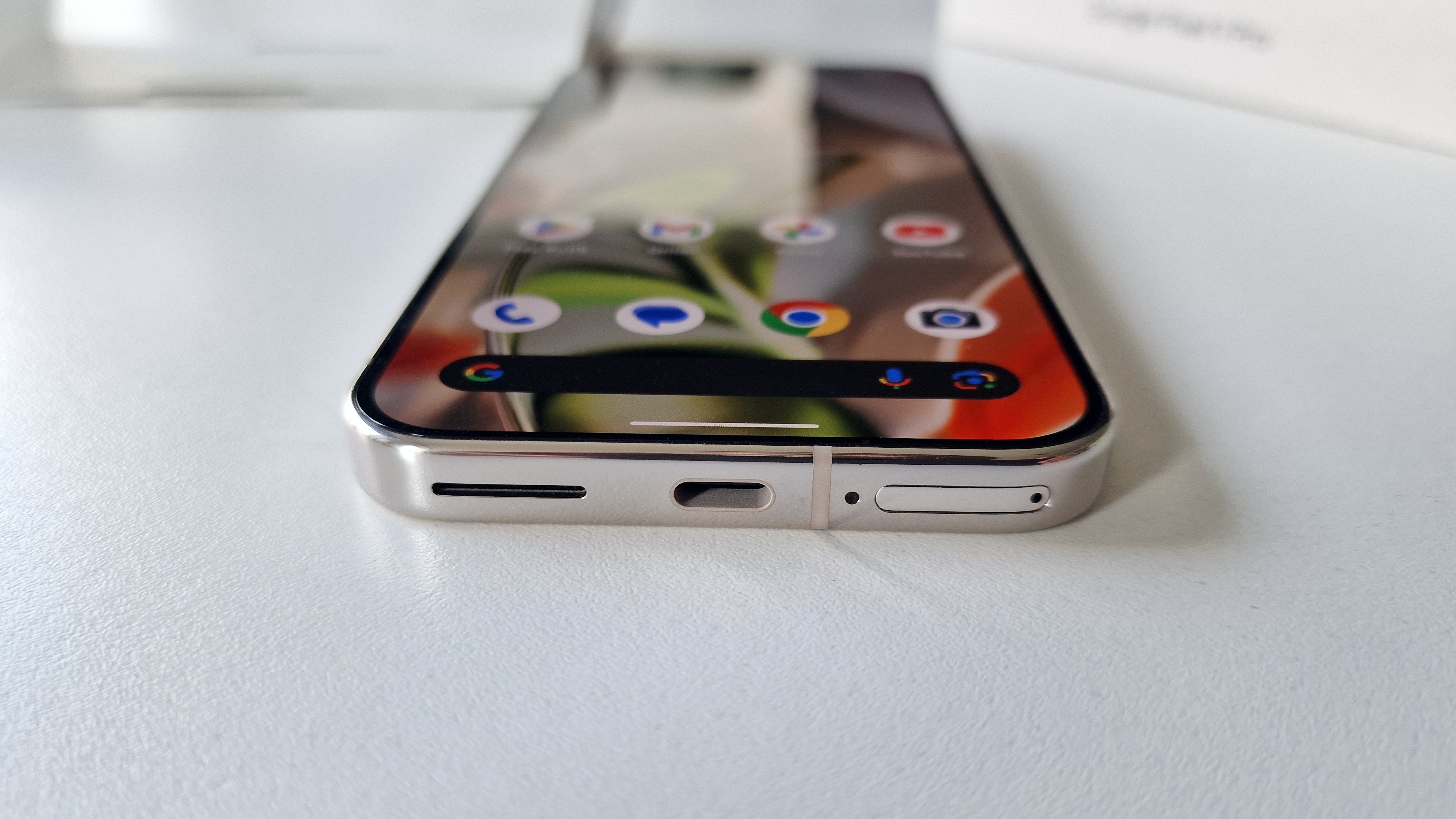
You'd expect the larger phone to feature superior stamina, and that tallies with our experience. Not only does the Galaxy S25 Ultra have a larger 5,000mAh battery (vs 4,700mAh in the Pixel 9 Pro), but it also has the more efficient processor of the two.
Both phones will last a full day of fairly heavy usage without making you sweat, but the Galaxy S25 Ultra scored much better in our Future Labs tests. While Samsung's phone lasted more than 17 hours, the Pixel 9 Pro lasted about four hours less.
This isn't a criticism of the Pixel. It holds up to its fellow small flagships pretty well. It's just in a different class to the hulking Galaxy S25 Ultra.
Neither phone is hugely impressive when it comes time to recharge times. The Galaxy S25 Ultra supports 45W charging, while the Pixel 9 Pro supports 27W. While the Samsung phone is quoted as being able to get from empty to 65% in 30 minutes, the Pixel 9 Pro will only get to 55% in the same time. It's not a hugely significant difference, but it's a win for Samsung nonetheless.
The Galaxy S25 Ultra supports 15W Qi wireless charging to the Pixel 9 Pro's 12W, though Google wins the wireless round by supporting a faster bespoke wireless solution of 21W, provided you invest in the Pixel Stand.
Samsung Galaxy S25 Ultra vs Google Pixel 9 Pro: verdict
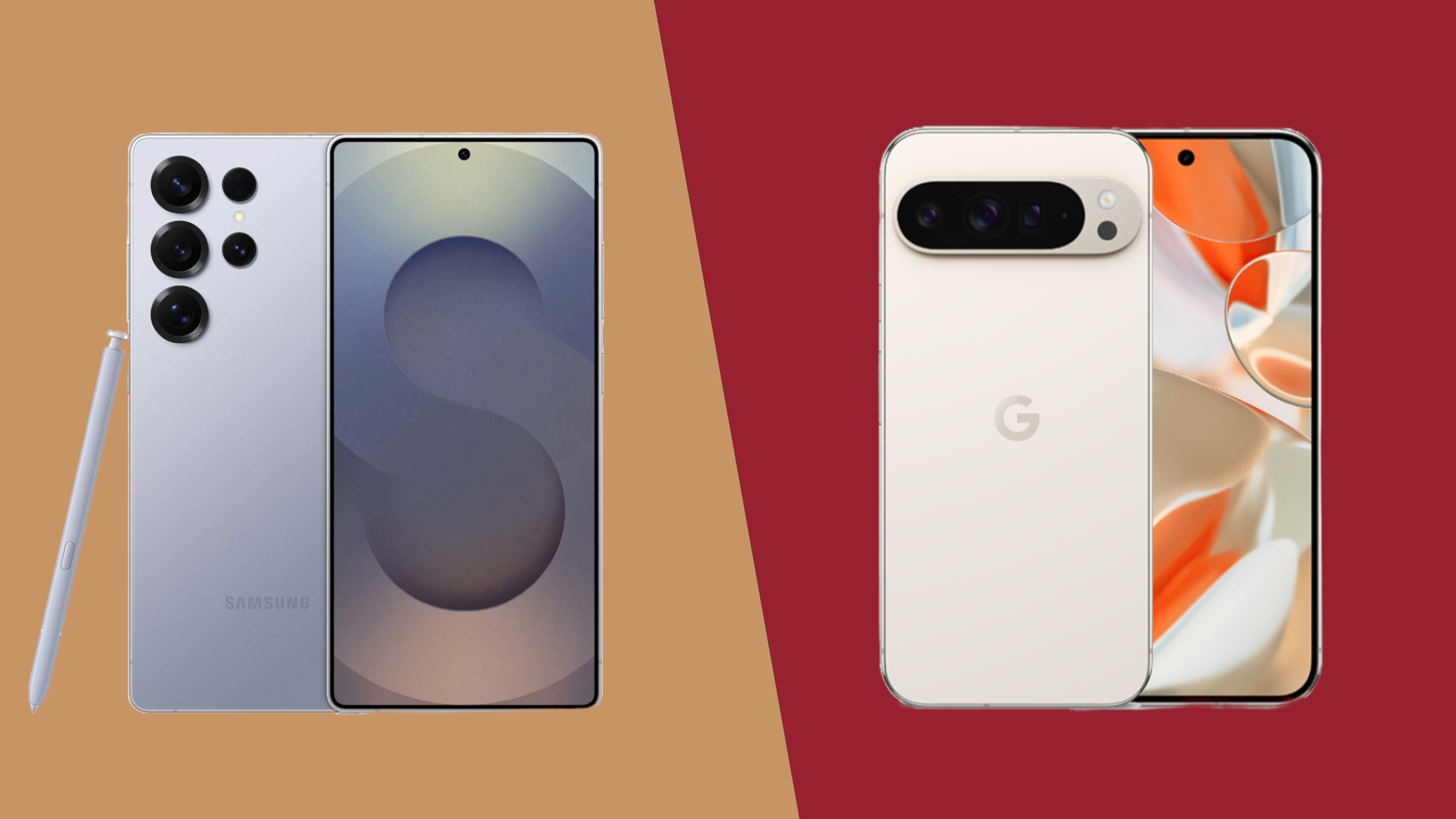
The Samsung Galaxy S25 Ultra and the Google Pixel 9 Pro are two of our favorite phones, and they're also sufficiently different to make a straight-up winner very tough to call.
If you're a media hound who likes your screens large and your battery life epic, the massive Galaxy S25 Ultra is clearly the best pick. Elsewhere, its S Pen function makes it uniquely suited to scrawling notes and ideas.
For those after a more compact phone, whether due to having small hands or tiny pockets, the Pixel 9 Pro is for you. It gives you a largely compromise-free flagship experience in a much smaller bundle, and it costs less to boot.
The tit-for-tat continues: Samsung's phone is much faster, and thus arguably a little more future-proof. Conversely, Google's software is much cleaner and nicer to use, and buying a Pixel means you're signing up for the latest and greatest AI features as they arrive. Google makes both the hardware and the software here, which counts for a lot – just ask Apple fans.
Ultimately, you're not going to be sorry with whichever of these two phones you buy. You just need to make sure you put some thought into what you really value in a smartphone before you make your choice.
You might also like
Get daily insight, inspiration and deals in your inbox
Sign up for breaking news, reviews, opinion, top tech deals, and more.
You must confirm your public display name before commenting
Please logout and then login again, you will then be prompted to enter your display name.